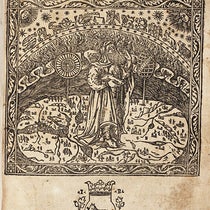Scientist of the Day - Edward Donovan
Edward Donovan, an Irish/English naturalist and illustrator, was born Feb. 1, 1768. Donovan was an odd sort of naturalist, in that he did not collect his own specimens in the field, but rather purchased them from commercial vendors and other collectors. He established a variety of museums in London in the early 19th century in which he mounted his specimens; he would then make illustrations from the mounts, engrave and color them, and then assemble them into books that he sold to make his living. He published a lot of these; we have four in our History of Science Collection, including The Natural History of British Shells (1799-1803), An Epitome of the Natural History of the Insects of China (1799), and An Epitome of the Natural History of the Insects of India (1800). The latter is a particularly impressive publication, in that the illustrations are so thickly colored that it is hard to tell that they are engravings; they look like original watercolors, and in some sense, they are.
The first five images above are from the Insects of India and include, in order: a cicada; a milkweed butterfly with the odd name of Linnaeus’ idea; a Ulysses butterfly; a red-tipped firefly; and a giant mantis. Two more illustrations from this work are included in the online version of our 2009 exhibition, The Grandeur of Life. The last image above is a goose barnacle from Donovan’s British Shells.
We said that Donovan published books to make a living, but he didn't quite manage to do so. He ran into financial difficulties, was forced to close his museums one by one, and in 1817 he had to sell all of his collections at auction. He died a pauper in 1837.
Dr. William B. Ashworth, Jr., Consultant for the History of Science, Linda Hall Library and Associate Professor, Department of History, University of Missouri-Kansas City. Comments or corrections are welcome; please direct to ashworthw@umkc.edu.

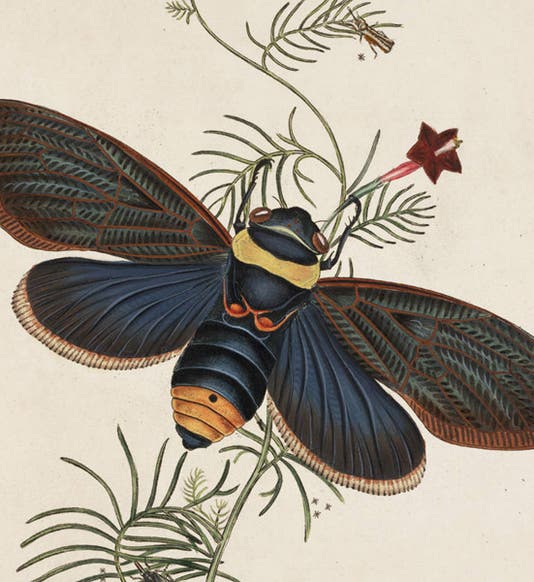
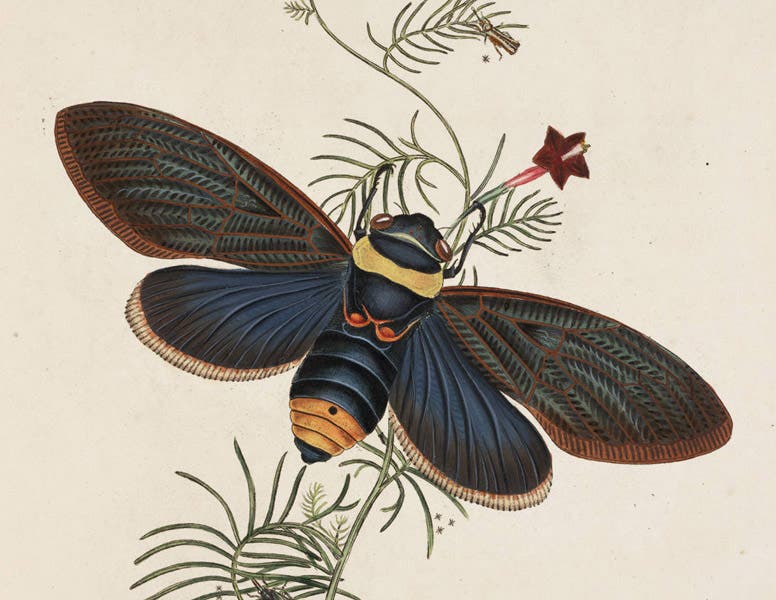
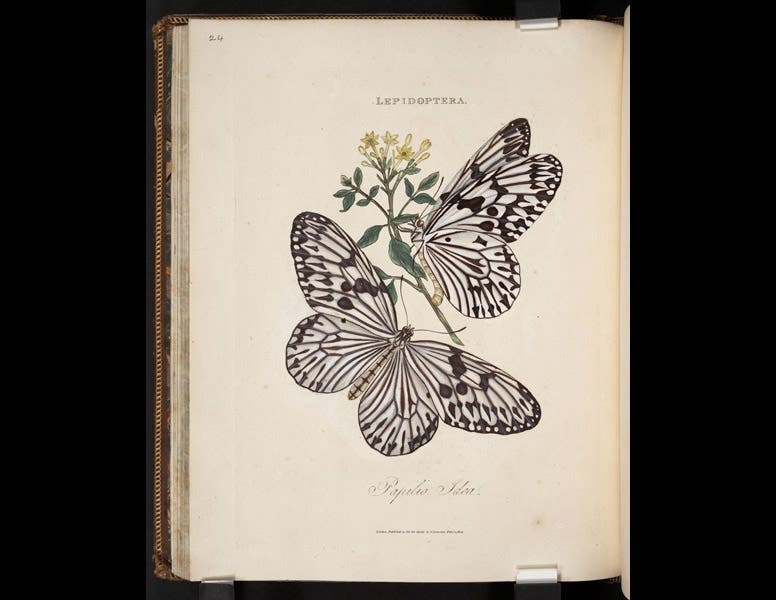
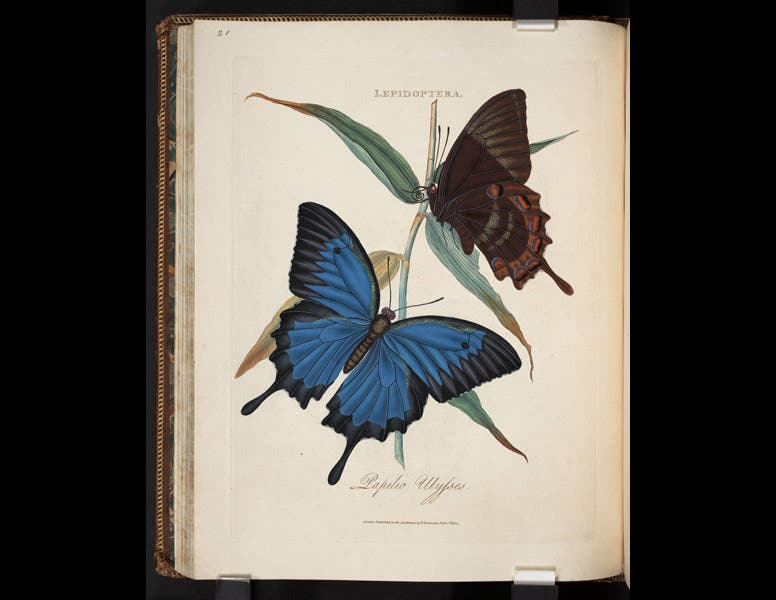
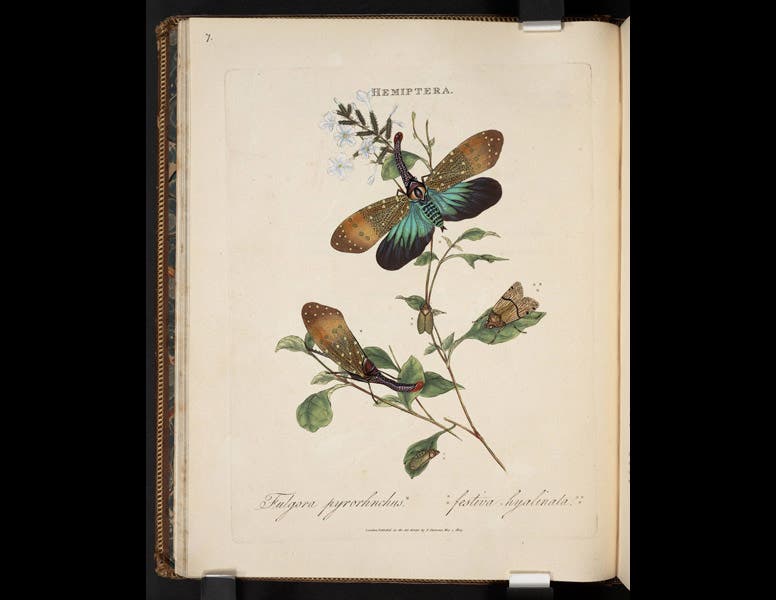
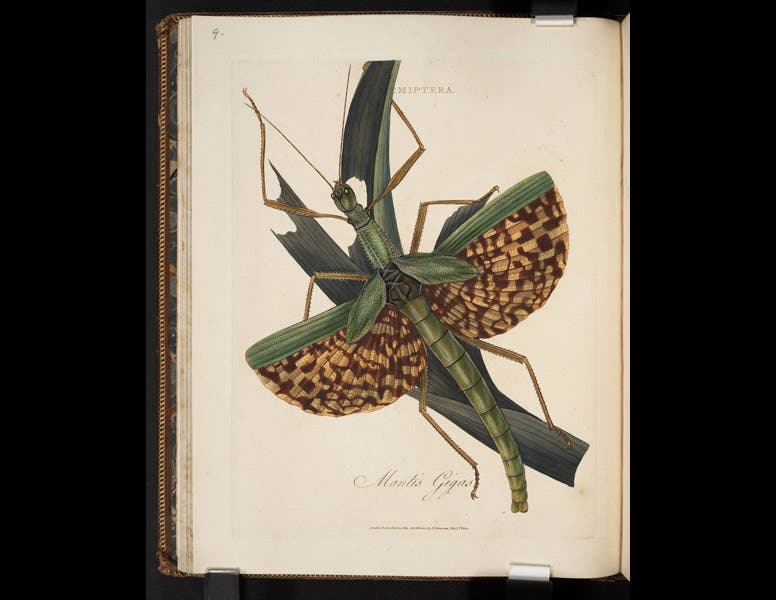
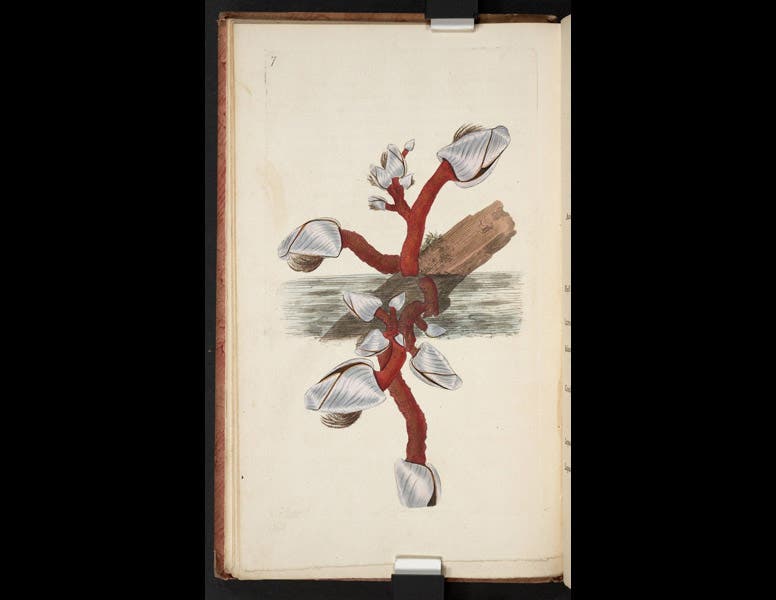
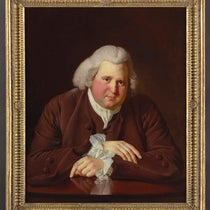
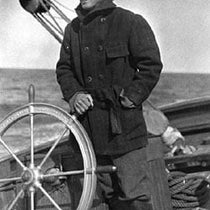
![Using an astrolabe to measure the depth of a well, woodcut in Elucidatio fabricae vsusq[ue] astrolabii, by Johannes Stöffler, 1513 (Linda Hall Library)](https://assets-us-01.kc-usercontent.com:443/9dd25524-761a-000d-d79f-86a5086d4774/a998eb50-55d2-4a88-ace2-a50aa5fa86e7/Stoffler%201.jpg?w=210&h=210&auto=format&fit=crop)
